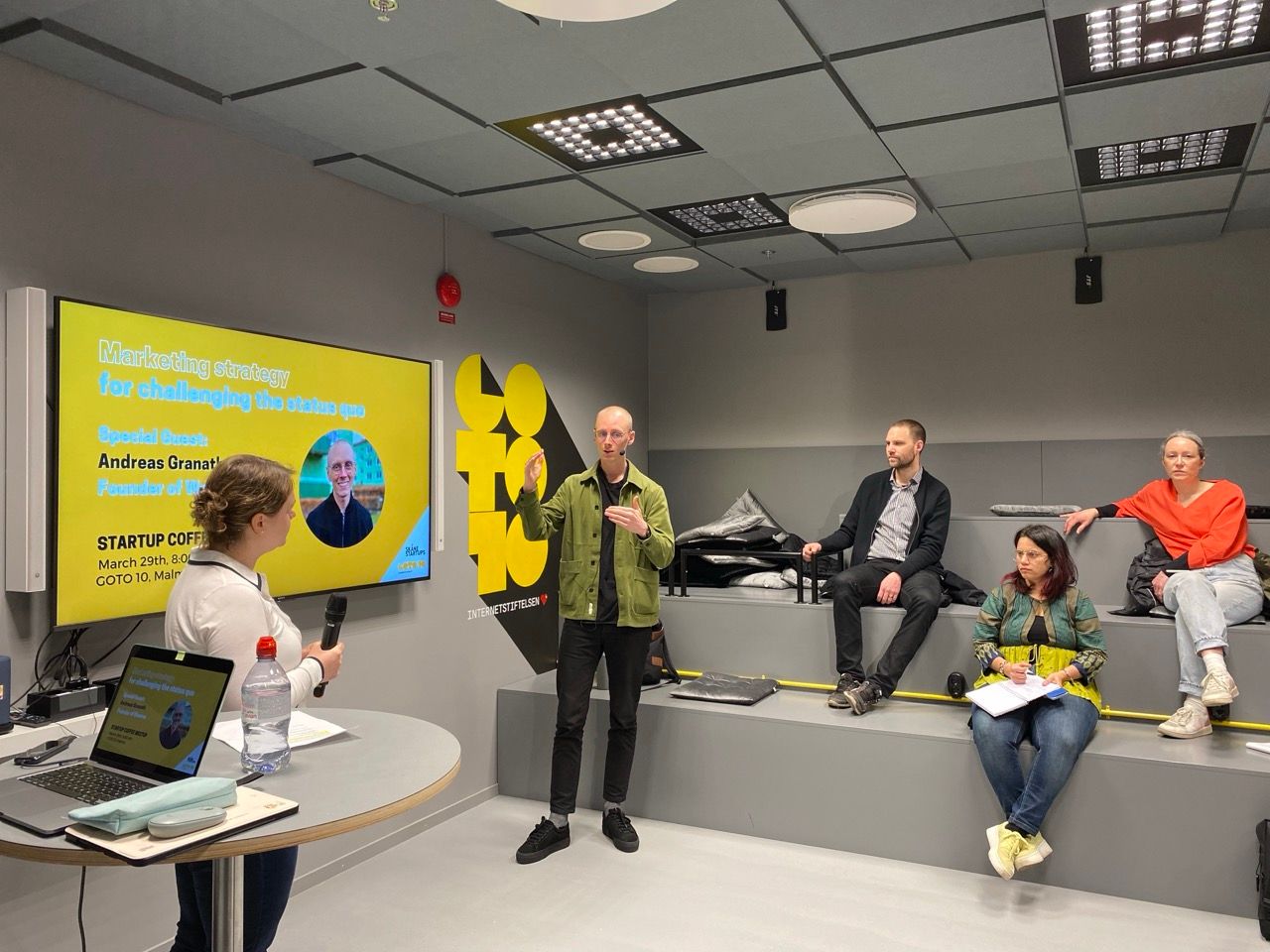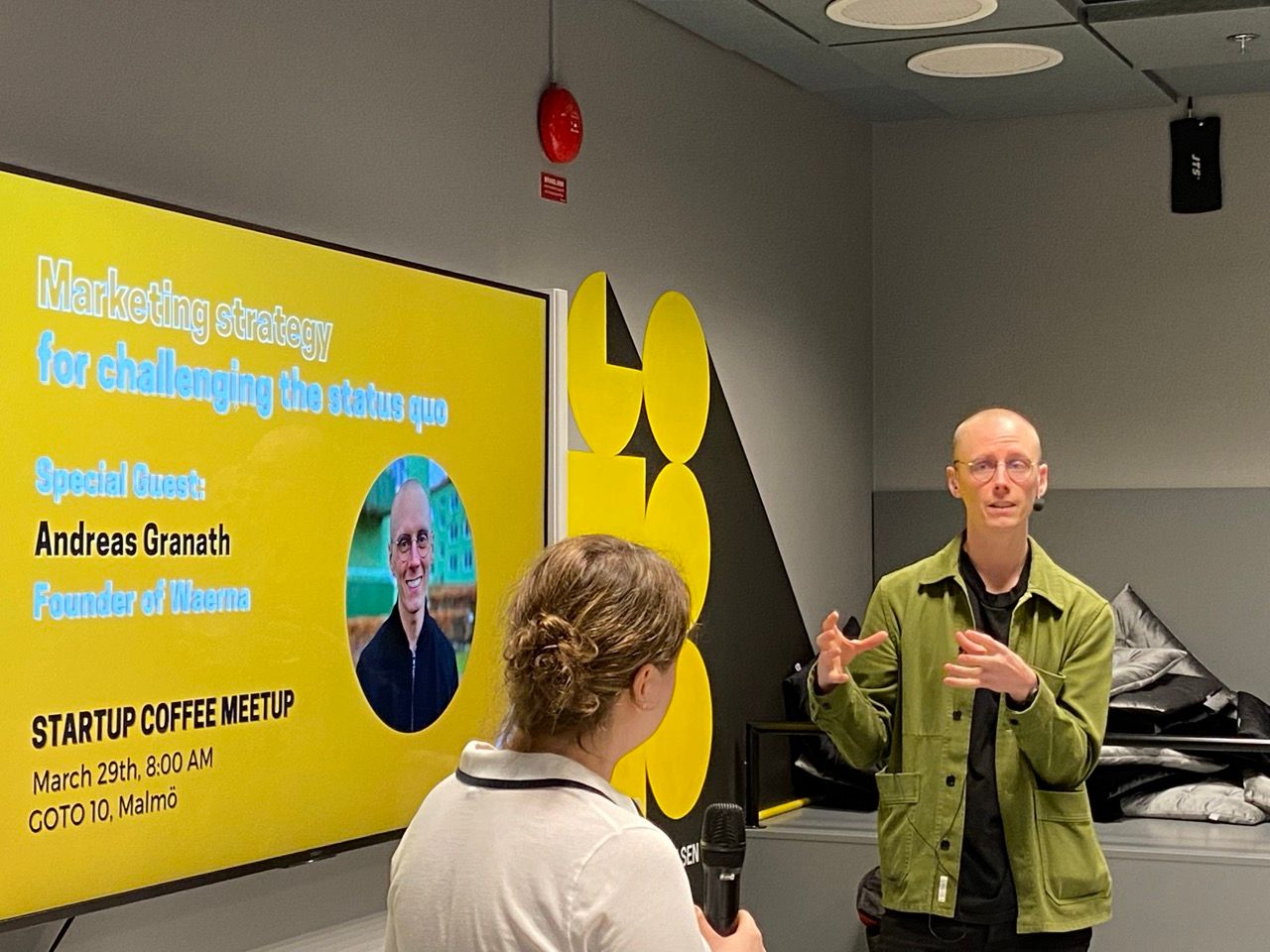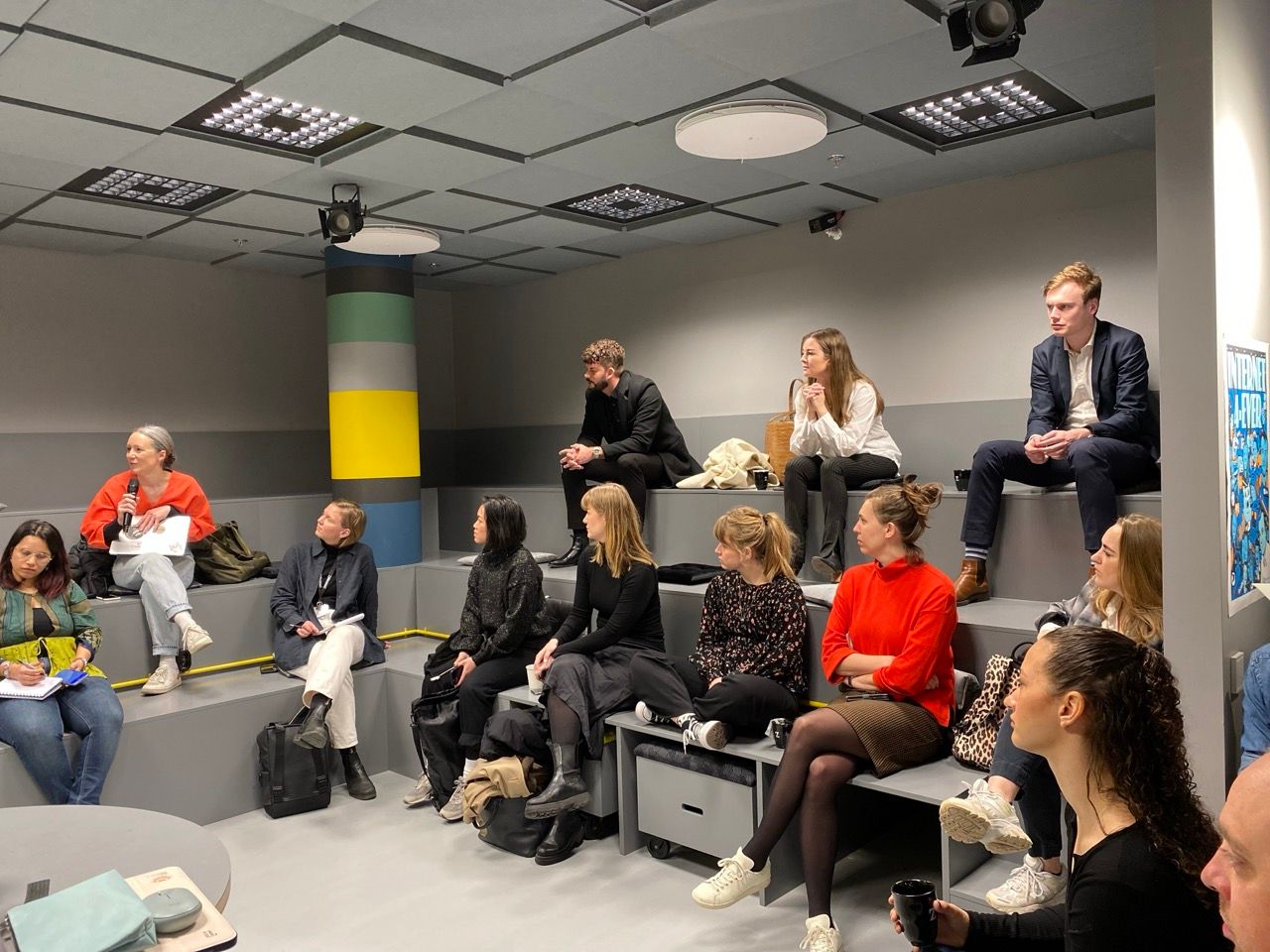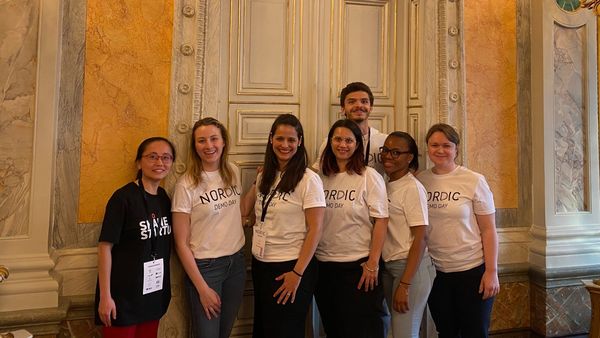Andreas Granath has a decade of experience in the advertising and marketing industry. He started his marketing journey as an intern at the multinational advertising group, Publicis Media. Building upon his early success, he went on to join Oatly AB, a well-known brand in the oats drink market, where he thrived for over four years.
Later, Andreas assumed the role of interim Chief Marketing Officer at Meeat, a Finnish-based startup specializing in plant-based meat alternatives. Driven by his passion to create meaningful impact through marketing campaigns, Andreas founded his own venture, Waerna, an advertising and marketing consultancy with a strong focus on sustainability.
The motivation behind Waerna comes from his desire to shift the focus of the best minds towards solving significant problems rather than solely pursuing profit-driven endeavors. Traditional companies that prioritize making money are no longer appealing, and there is a need for more sustainable approaches. Waerna focuses on partnering with brands that take genuine environmentally friendly actions and strive to become sustainable.
In his Startup Coffee talk, below are few key takeaways:
- While assessing clients, his focus is on understanding the product offering, brand philosophy, and alignment with the Sustainable Development Goals (SDGs). This includes considering areas beyond climate and environment, such as social awareness and lesser-known issues.
- There is a difference between traditional and sustainable marketing and the true differentiator between different marketing strategies lies in brand identity and brand's core philosophy. Transparency plays a crucial role in building trust with consumers.
- Transparency, mapping the business to SDG goals, and taking responsibility for sustainable business models are important considerations to create brand identity for startups. Millennials, who value alignment with their values, make up a significant portion of the workforce and have the purchase power.
- Emotional connection with consumers is crucial, and marketing strategies should aim to evoke positive emotions. Challenging traditional approaches and saying 'No' when necessary can lead to innovative and effective results.
Overall, integrating sustainability into marketing strategies requires a focus on brand identity, transparency, and aligning with the values of consumers, particularly the millennial generation.



Startup Coffee with Andreas Granath 2022
Watch the event recoding here








